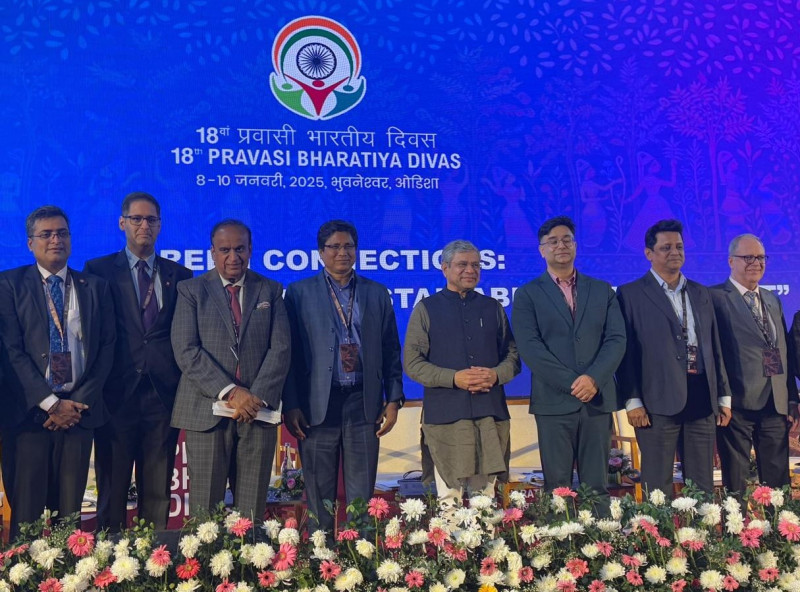AR Ramesh, CEO, TeamLease Degree Apprenticeship said, With over 808 million individuals under the age of 35—comprising nearly 66% of its population—India holds a unique demographic advantage capable of propelling it toward becoming the world's third-largest economy. As we approach the 2025 Union Budget, the government must prioritize initiatives that empower this vast youth base, aligning with the ambitious vision of Viksit Bharat by 2047. Economic revitalization must remain the cornerstone of national progress, with targeted measures to boost job creation, foster entrepreneurship, and incentivize investments across key sectors. Reviving manufacturing, supporting MSMEs, and expanding large-scale infrastructure projects can act as catalysts for economic resurgence, generating employment opportunities at scale. At the same time, strengthening digital and physical infrastructure is essential to sustain long-term growth. Enhanced investments in Digital Public Infrastructure (DPI), including the expansion of AI Centers of Excellence, smart cities, and high-speed connectivity, will position India as a global leader in technology and innovation. Bridging the digital divide through affordable access to devices and connectivity in underserved regions, coupled with improved transport and logistics networks, can ensure inclusive growth while enabling industries to thrive in a globally competitive environment.
Economic revival must go hand in hand with skilling and workforce development to harness India's demographic dividend. The 2025 budget must reimagine skilling through dynamic reforms in apprenticeship programs, bridging the gap between education and employability. By integrating practical, industry-aligned training with academic curricula and aligning these programs with the National Skills Qualifications Framework (NSQF), India can create a job-ready workforce while boosting productivity. Special attention must be given to equipping the workforce with future-ready skills in cutting-edge fields like AI, robotics, and cybersecurity, ensuring relevance in a rapidly evolving job market. Furthermore, women's workforce participation must be prioritized through flexible working models, childcare support systems, and financial incentives for employers to hire women, fostering a more inclusive labor force. A strong focus on lifelong learning, supported by e-learning platforms and smart classrooms, can empower individuals to continuously adapt to evolving industry demands. By integrating these strategies, the budget can lay the foundation for a skilled, resilient, and inclusive workforce, ensuring sustainable economic growth and turning the vision of Viksit Bharat into a tangible reality.


